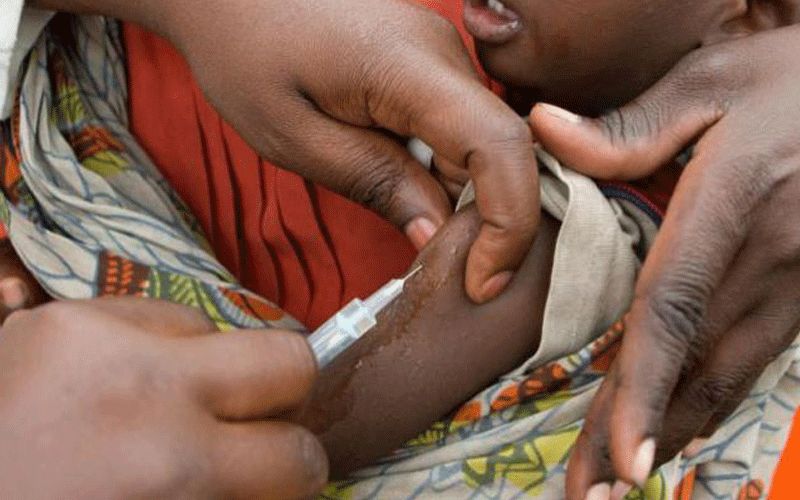Meningitis is also said to leave serious permanent brain damage in up to 20 percent of cases where treatment is delayed.
“As a matter of urgency, there is a call (on) relevant stakeholders to action. The Ministry of Health must intensify efforts in surveillance, laboratory case detection, case management and public education,” he noted, adding, “This can be done through early health alerts to health facilities in the meningitis belt, line listing of suspected cases and monitoring of alert and epidemic thresholds.”
The Catholic medic has further proposed immediate free laboratory testing in all affected regions in the country and treatment of cases at all health facilities free of charge.
“There should also be orientation of all health staff, orientation of community-based surveillance volunteers, and the training of health staff on case management and case definitions,” he stated.
The Catholic doctor has advised the people in the meningitis belt especially the Upper West Region to observe spatial distancing particularly avoiding persons sneezing and coughing and to wash their hands as often as possible under running water or use alcohol-based sanitizers even as they adhere to similar directives to prevent the spread of COVID-19.
(Story continues below)
He has also encouraged drinking a lot of water to keep the throat moist at all times, keeping windows open to improve ventilation and ultimately, reporting to the nearest health facility early with symptoms of fever, headache and pain in the neck.
On her part, Dr. Diana Abobi-Kanbigs, a member of the Catholic Health Professionals Guild of the Accra Archdiocese, in an interview with ACI Africa correspondent insisted on awareness about meningitis, maintaining that early treatment saves lives.
“People should be educated on condition and encouraged to report early to the nearest health facility for early treatment. We are all concentrating on fighting the current coronavirus pandemic, so there is the tendency not to pay much attention to other conditions,” said Dr. Abobi-Kanbigs, a medical Doctor at Ghana’s Korle-Bu Teaching Hospital.
Dr. Abobi-Kanbigs appealed to the people of areas where the CSM is rampant especially in the arid region of the North to report early to the hospital once they start experiencing any of the symptoms associated with meningitis.
Ghana experiences seasonal reports of meningitis normally during the dry periods of October to March. These are months characterized by dry winds with relatively low humidity and abundance of dust – there is a considerably reduced local immunity of the upper airway (pharynx) and individuals become susceptible to meningitis infection.
Meningitis is endemic in the northern regions of Ghana. Occasionally, coastal or regions in the Southern belt such as Eastern and Greater Accra Regions also report cases.
The change in epidemiology of the meningitis and the way it is occurring and spreading beyond the traditional meningitis belt can be attributed to the introduction of the Meningitis vaccine, climate change with subsequent extension of drought areas, increased mobility of the population triggered by economic demands and introduction of new strains of organisms into susceptible populations.
Outbreaks due to meningococcal meningitis remain a major public health challenge in Ghana since the first recorded outbreak in Cape Coast in 1900, among East African labourers who were brought to the Gold Coast to support the British campaign against the Ashanti tribe of central Ghana. One of the worst meningitis outbreaks in Ghana, recorded in between the years 1906 and 1908, is said to have claimed an estimated 20,000 lives.








